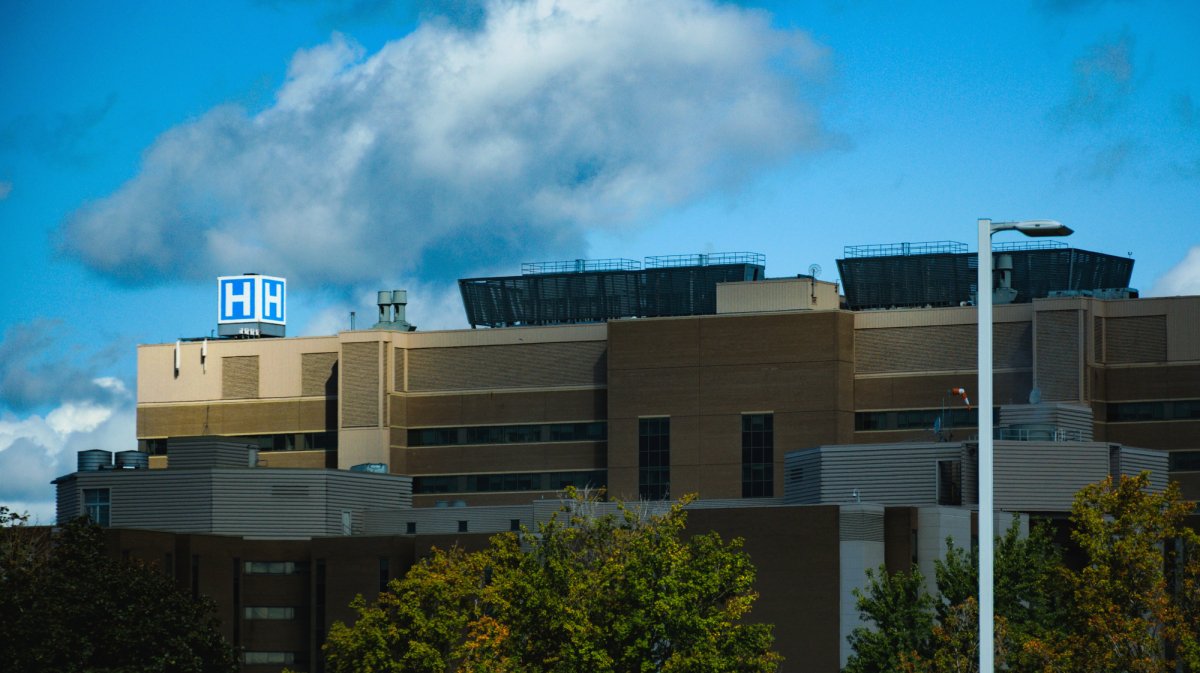While a recent study suggested it could take over a year-and-a-half to clear the backlog of surgeries in Ontario hospitals due to delays caused by the COVID-19 pandemic, the load appears to be significantly more manageable at the London Health Sciences Centre (LHSC).

Julie Trpkovski, LHSC’s vice president of clinical services, is hoping that surgeries that were delayed or deferred due to the pandemic will be completed by the beginning of 2021.
However, she cautions that things could change.
“We’re working through Wave 2 planning right now. Depending on the volumes and what happens from a Wave 2 response will also have the potential to affect for the timelines of when the backlog is completed.”
Elective operations were cancelled in mid-March as the province entered a lockdown in an effort to slow the spread of the novel coronavirus. The Ministry of Health issued a directive on May 26 allowing for the gradual resumption of elective surgeries.
On June 4, LHSC and St. Joseph’s Health Care London announced restrictions would begin loosening following regional approval from Ontario Health West with support from the Middlesex-London Health Unit (MLHU).
“Our top priority here at LHSC is to keep our staff and our patients safe,” Trpkovski said.
“Going through Wave 1 gave us an opportunity to really ramp up everything that we were doing from a safety perspective. And we couldn’t have done that without the support of our community, front-line staff and our physicians and our leaders. We expect that we know we will have to do similar things in Wave 2 but we’re always keeping our eye on balancing the COVID response with our regular operations.”
On Sept. 10, Premier Doug Ford pledged additional funding and said that Ontario’s surgeons may be asked to start working weekends in order to clear a major backlog of procedures province-wide. Ministry of Health spokesman Travis Kann said at the time that a “fall preparedness plan” will contain unspecified measures to address the surgery waitlist, with details expected in the coming weeks.
But the president of the Ontario Medical Association, Dr. Samantha Hill, says there isn’t a simple fix to addressing the backlog.
“Frankly, most of us already are working on the weekend, but also, it’s not just the question of the surgeons working on the weekend. When surgeons work on the weekend, it requires a whole team around them,” she told Global News.
“Not just the nurses and the anesthetist and the people that you think about in the O.R., but it requires staff, people throughout the hospital to be able to do things like prepare blood in case they need it. It requires lab techs to be there, it requires laboratory medicine physicians — who do not get paid to work weekends and evenings and are usually salaried — to be there. It really is a complicated problem.”

Hill added that many surgeons, like herself, already work 60 to 100 hours a week.
“But there are efficiencies that can be found in the system. Potentially, we could get more surgeries done within those 60 to 100 hours. We could up a little bit for a short period of time. It’s just not a long-term solution,” she said.
“I don’t want us to get focused and bogged down on the surgeries. … We are behind millions of patient visits and procedures and diagnostic tests that are also just as relevant as the surgery. It’s easier to count surgery sometimes, but we need to realize that this is not a ‘surgery problem.’ This is a healthcare problem for Ontario.”
- Wegovy now in Canada: Who should (and shouldn’t) use the weight-loss drug
- N.B. woman must move to Toronto for life-saving lung transplant. She can’t afford to go
- A spoonful of olive oil a day could reduce risk of death from dementia: study
- Amid bird flu spread, Canada boosts surveillance and testing at border
At LHSC, Trpkovski said there is a lot of focus on the wellness of staff and that the leadership team is “staying closely connected to monitor how our staff are doing.”
“One of the things we know is that we really have to focus to ensure our staff are well so we can continue to move through this global pandemic and ensure that we have the staff to actually be able to perform the services that we provide to our community and our patients,” she said.
“We’re definitely working closely with our frontlines to really understand ‘what are their needs?’ to ensure we minimize burnout as best we can.”









Comments